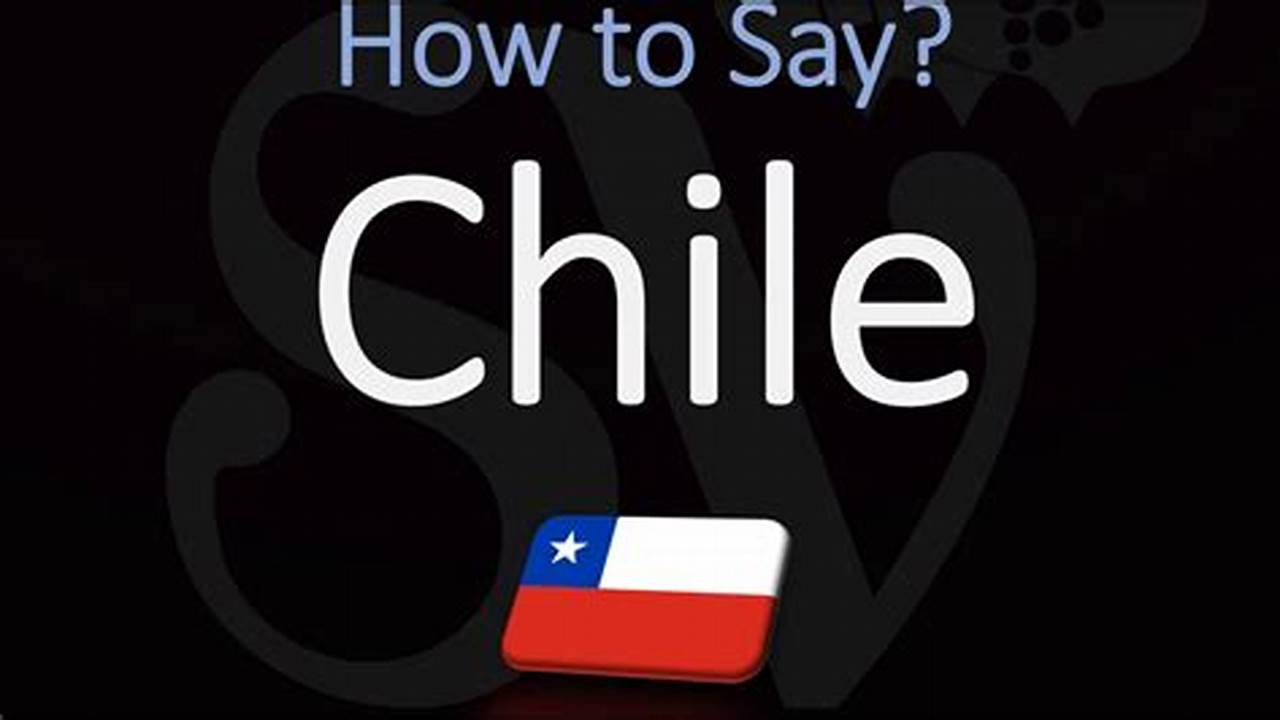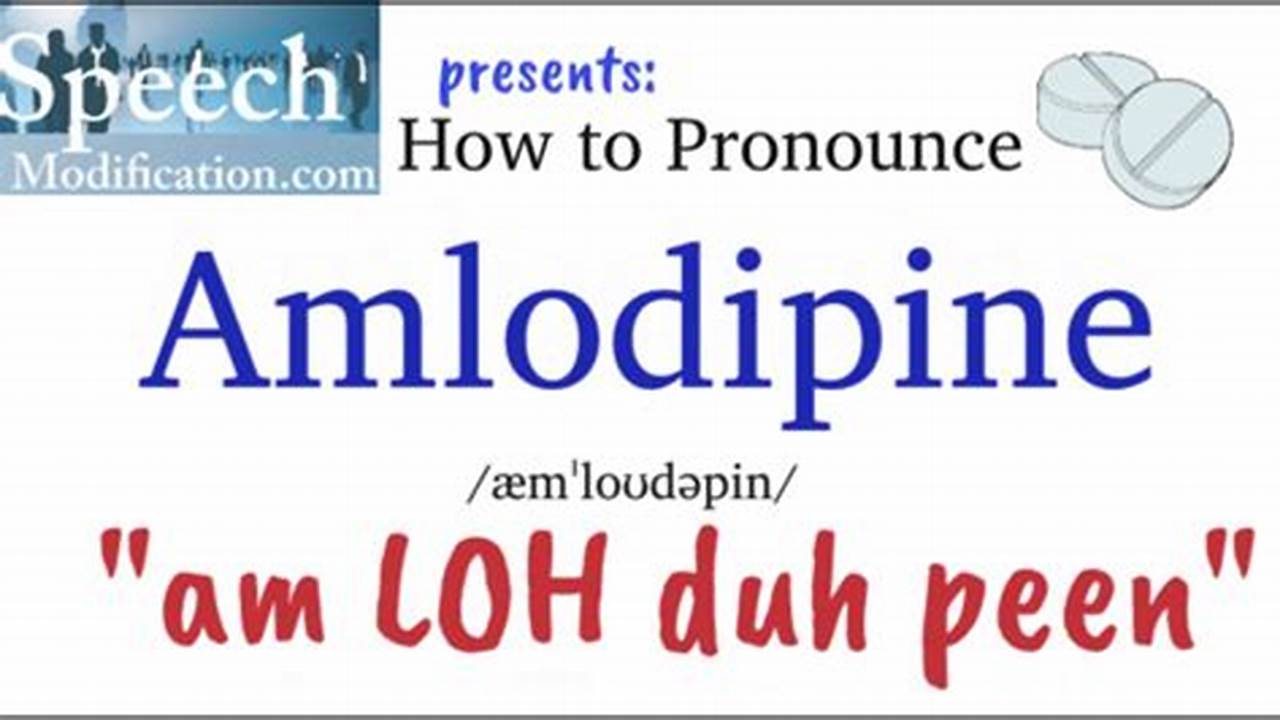
The correct pronunciation of “anecdotally” is uh-neck-doe-tuh-lee. The word is often used to describe a story or piece of information that is not necessarily true or accurate, but is told as a way to illustrate a point or make a general observation. For example, someone might say “Anecdotally, I’ve heard that drinking green tea can help you lose weight,” even though there is no scientific evidence to support this claim.
Anecdotal evidence can be useful for providing a general sense of what people are thinking or feeling about a particular topic, but it is important to remember that it is not a substitute for scientific evidence. When making decisions, it is important to rely on information that is accurate and reliable, rather than on anecdotal evidence alone.









